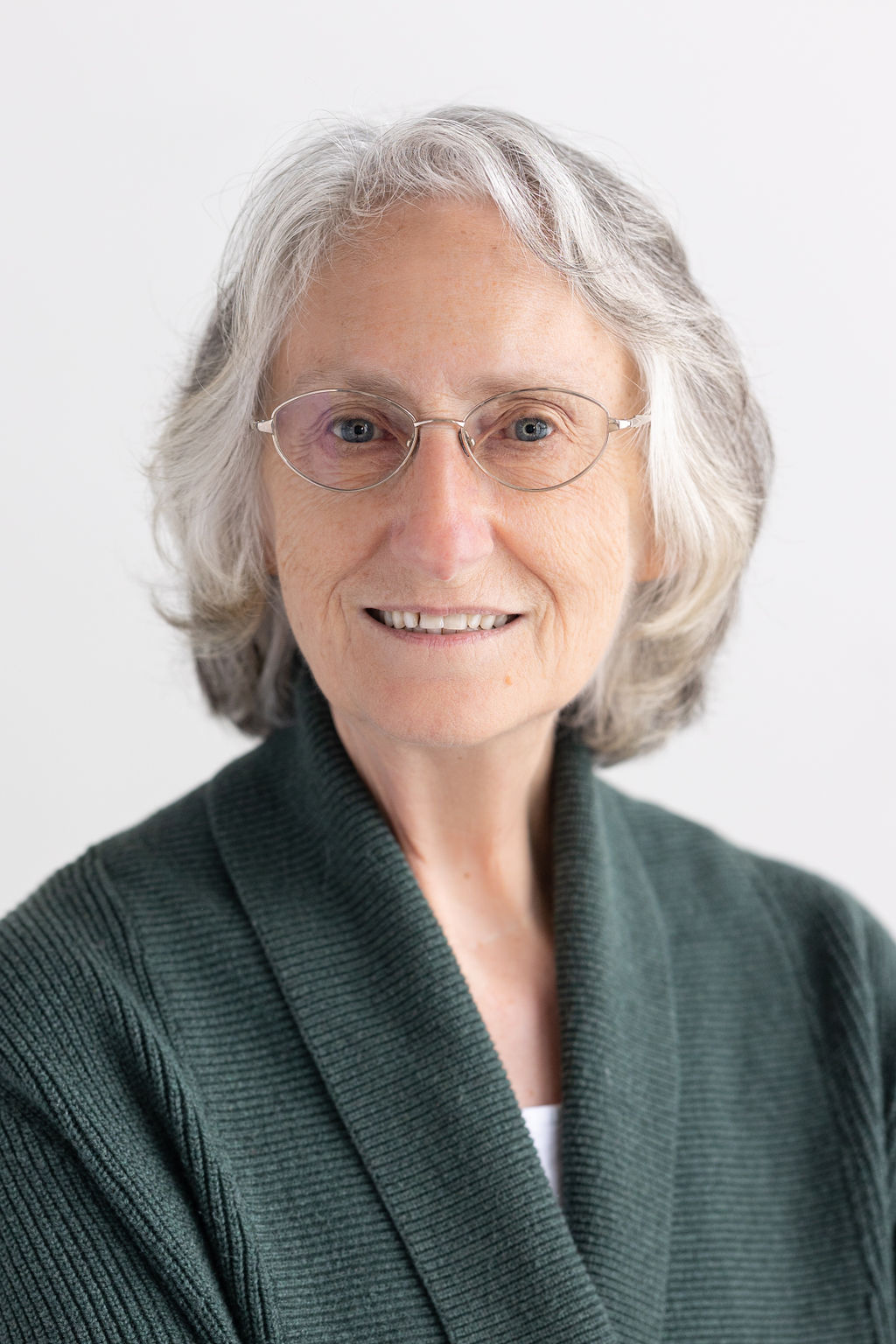
In the last couple of years, I’ve been writing a historical women’s fiction novel set in WWII. Inspired by the experiences of my parents, grandparents, relatives, and their friends, I have been driven to write this book for many years and finally had time to do so. When I was a child, my ancestors told only the “funny” stories of their lives through depressions and wars, but, as I grew, a wealth of other stories eventually emerged. All of these stories were told as matters of fact. This was the way they lived.
My mother was an almoner, i.e., a medical social worker. In WWII, she was stationed in Stirling, Scotland, but she traveled to London on business many times. While there, she visited her friend Pippa, a nurse in a hospital in the heart of London. Mother went to the hospital when Pippa had her lunch break, which could be at any hour of the day or night. In London, during the Blitz, Mother didn’t spend her nights in the Tube, as many did. As usual, she visited Pippa. They went up on the hospital roof, the only place they could smoke, and they enjoyed typical conversation. A unique story about a soldier who ended up in the Stirling hospital where my mother worked. A patient Pippa was dealing with. The latest challenges with rationing. Who was getting married. And all the time, the Luftwaffe were bombing, and Mother and Pippa were punctuating their conversation by kicking incendiaries off the roof of the hospital. All part of daily life.
They must have experienced moments of fear, but as a French Resister named Collette said in a recent documentary (she’s in her nineties now), when it’s your turn, you don’t have time to be afraid.
When I was young, my parents were in Paris for a few months for my father’s work. One day, he took me to meet the Comtesse de Milleville. He knew her from one of his four escapes during WWII. Originally Mary Lindell, she married a Frenchman, was a front-line nurse in WWI and in the French Resistance in WWII, when she ran the Marie-Claire Line, helping Allied airmen and soldiers escape, although my father was not one of them. She was imprisoned twice and eventually sent to Ravensbrück concentration camp.
What I remember about that visit was a story she told. She admired the women in Ravensbrück because of their courage. They were different from her, she said, facing their situation and the Gestapo in spite of being afraid. She, herself, was not afraid. Or so she said. I was puzzled by this. Some years later, in a BBC documentary about Mary Lindell, she said the same thing again. When the documentarians interviewed other survivors, they confirmed this. One woman told a story of how their jailers gave them brooms and told them to sweep out their cells. Every woman began sweeping. Not Mary Lindell. She held out the broom and said, “You put us in here. You sweep it out.”
What is courage? Did Mary Lindell really not feel fear? Or did she feel fear and compartmentalize it somehow so she could function without it? Does this relate to FDR’s famous comment that we have nothing to fear but fear itself? Is there really such a thing as a fearless heart? Or is it a matter of how we face the fearful and find a path through it?
Everyone knows what fear is. Each day this week, on the news, we watch Afghans try to escape what they believe is coming in their war-torn and now-captured country. We hear of children crying every day because their fathers have been taken away, never to be seen again.
And the question comes again: Is there such a thing as a fearless heart? Or will fear always be with us?
